Saudi : Best services ensured for pilgrims in Ramadan
Wed 24 May 2017, 18:47:28
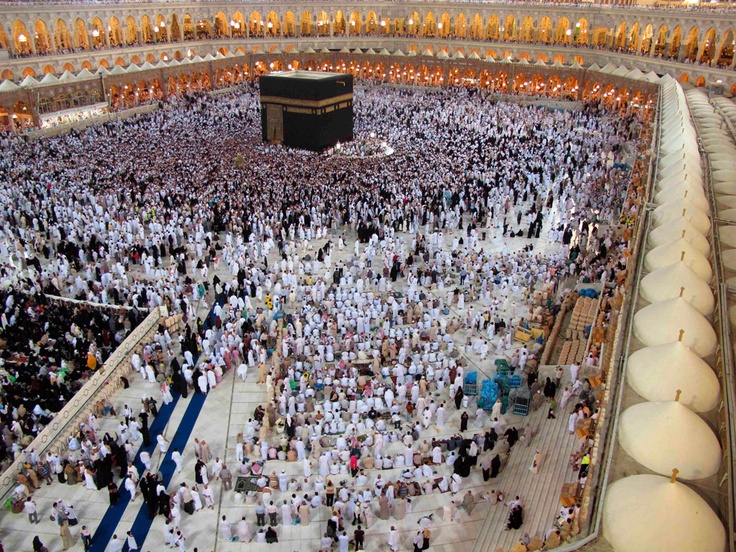
JEDDAH: Makkah Gov. Prince Khaled Al-Faisal, chairman of the Central Haj Committee, has vowed to provide best services to pilgrims and visitors to the Grand Mosque.
In a meeting, also attended by Makkah’s Vice Gov. Prince Bandar bin Abdullah, the government’s preparations for the holy month of Ramadan were discussed.
The Haj Ministry presented its operational plan for Ramadan, including the development of the automated system at the King Abdulaziz International Airport and the Jeddah Islamic Port to register shortcomings in onsite performance and report them to Umrah companies.
The project will also establish an online monitoring room linked to a control network in Makkah and Madinah.
Ramadan preparations by the General Presidency of the Holy Mosque and the Prophet’s Mosque include supervising imams, organizing and recording speeches, coordinating with security authorities, facilitating the entry and exit of pilgrims, opening corridors inside the Grand Mosque, arranging scientific courses in Shariah, language and history, and ensuring that copies and translations of the Holy Qur’an are available.
The presidency supervises mosques’ cleanliness, maintenance and facilities, provides Zamzam water, carries out surveillance, guards the mosques’ doors and secures multipurpose
vehicles for people with special needs for free.
vehicles for people with special needs for free.
The Makkah municipality’s plan includes waste management, insect control, monitoring shops and food for sale.
The municipality will also supervise operating and maintaining infrastructure such as roads, tunnels, lighting networks, parking lots, public toilets, public parks and green spaces.
The plan also includes increasing the number of cleaning and hygiene workers, extending their work hours and providing additional support teams for labor and equipment to meet any emergencies.
The Makkah Health Affairs Directorate will increase staff in medical centers at the King Abdulaziz International Airport by 20 percent, and implement inoculation campaigns against infectious diseases.
The Saudi Red Crescent Society (SRCS) aims to provide medical emergency services quickly and effectively, minimize the complications and effects of accidents and emergency medical cases, activate volunteer systems and support relevant authorities in multiple emergencies.
The National Water Co.’s plan includes the provision of Zamzam water, and the electricity company will ensure an uninterrupted power supply.
Public transport schedules will be made available, and canopied special corridors will be allocated along with sectioned vehicles.
No Comments For This Post, Be first to write a Comment.
Most viewed from International
Most viewed from World
AIMIM News
Latest Urdu News
Most Viewed
May 26, 2020
Do you think Canada-India relations will improve under New PM Mark Carney?
Latest Videos View All
Like Us
Home
About Us
Advertise With Us
All Polls
Epaper Archives
Privacy Policy
Contact Us
Download Etemaad App
© 2025 Etemaad Daily News, All Rights Reserved.

.jpg)
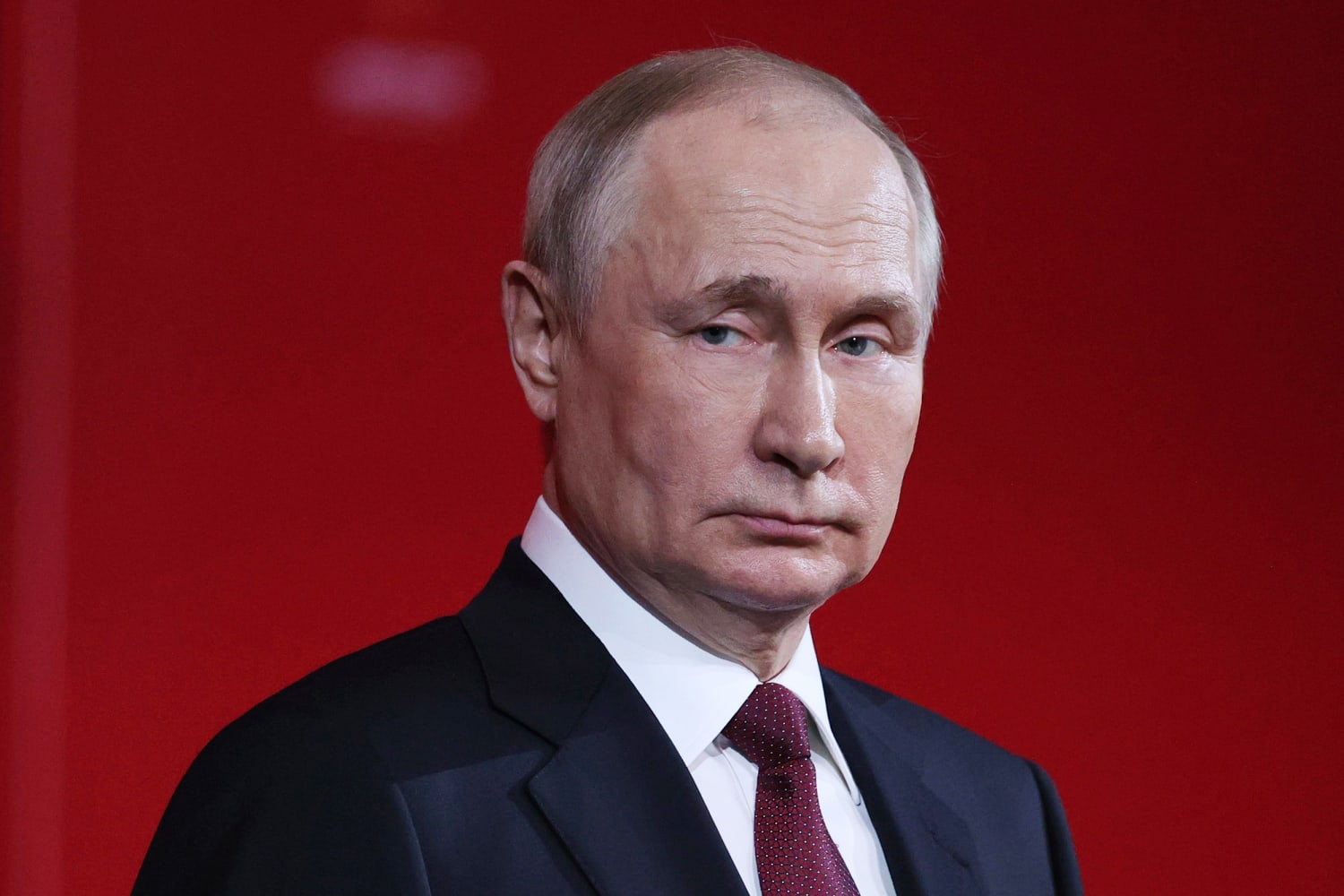
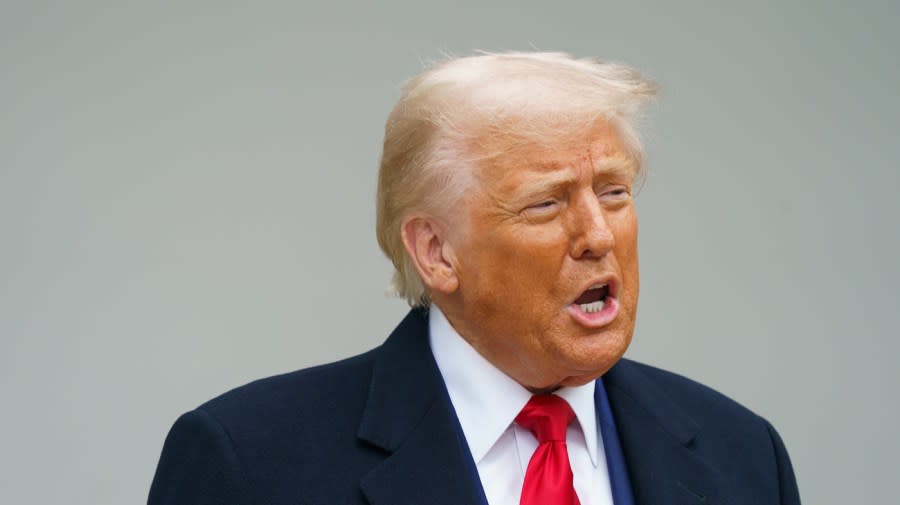
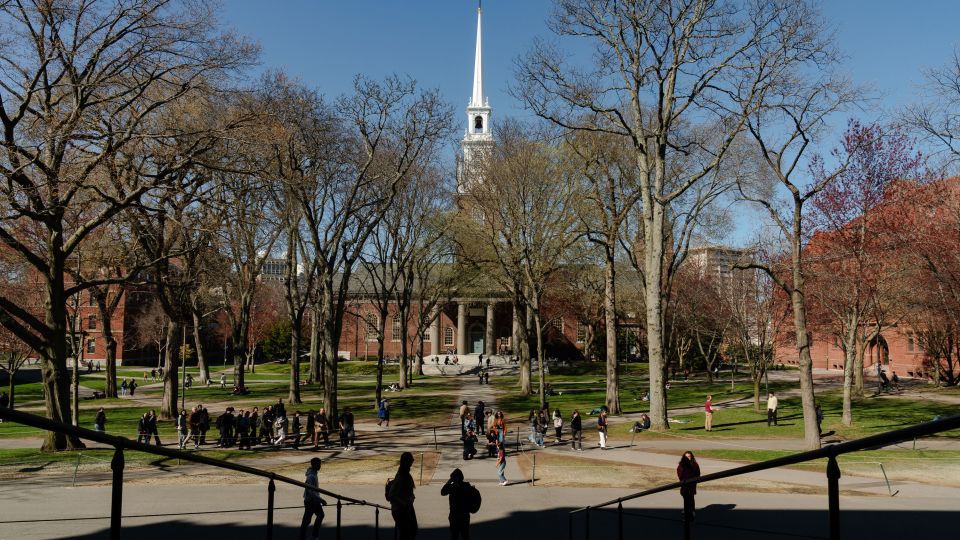
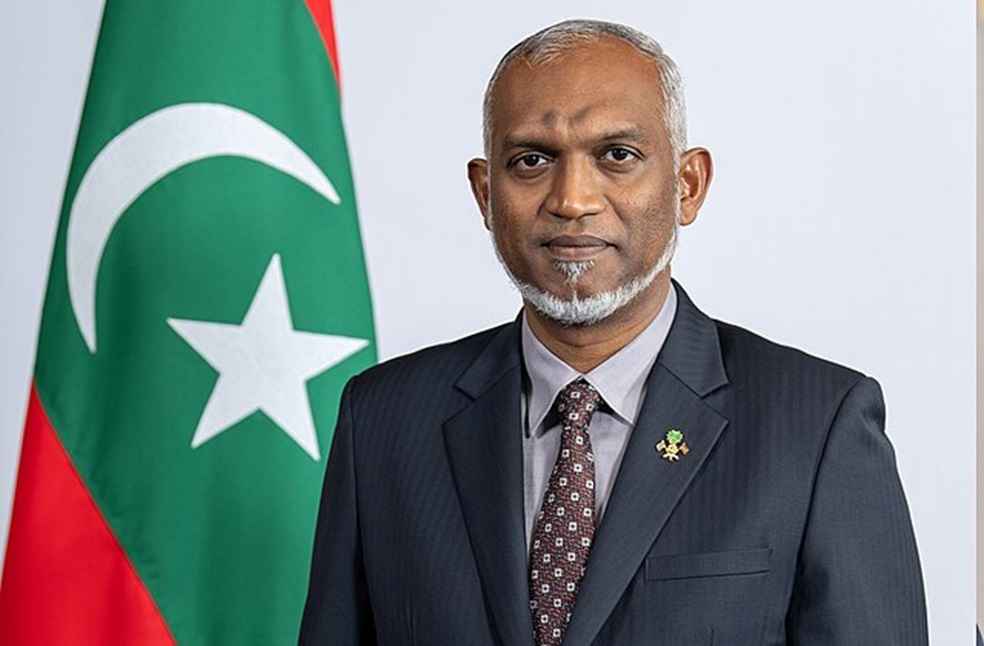
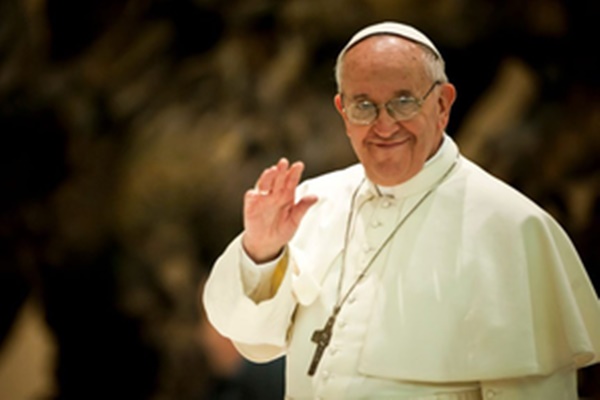
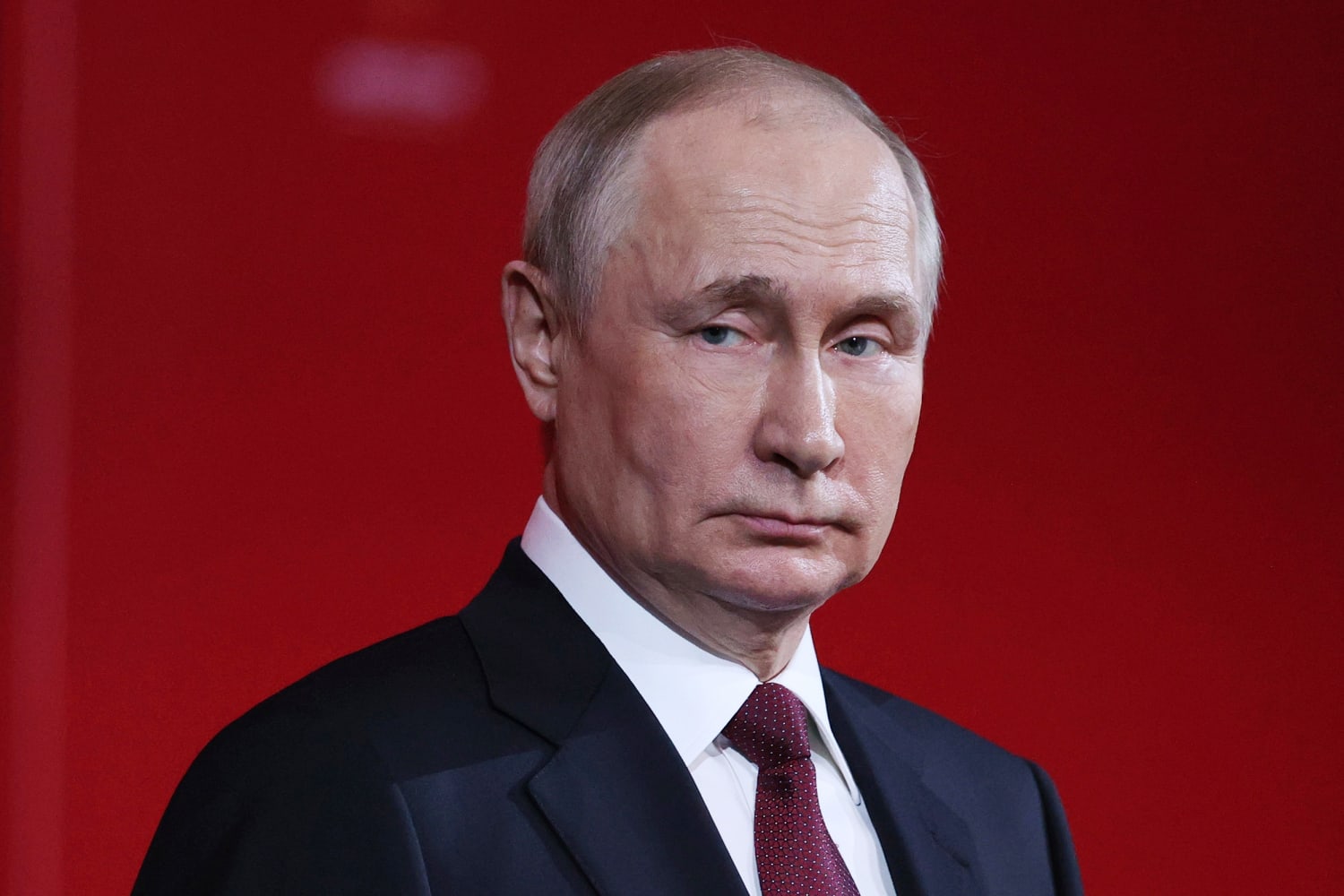
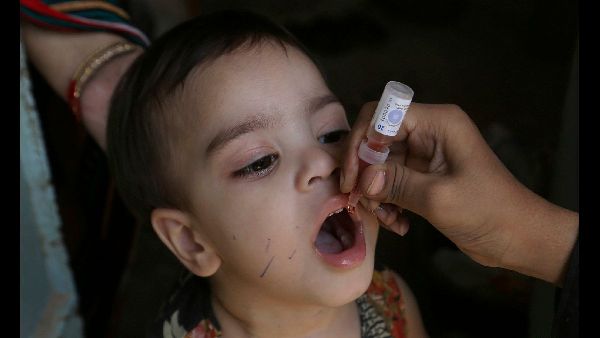
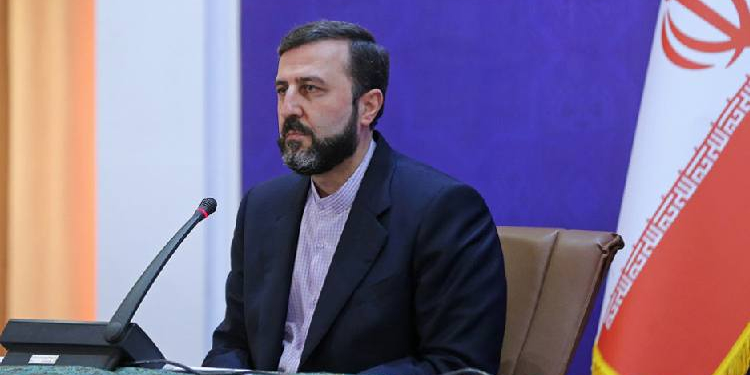

.jpg)
.jpg)
.jpg)
.jpg)
.jpg)
.jpg)
.jpg)
.jpg)
.jpg)
.jpg)
.jpg)
.jpg)
.jpg)
.jpg)

















